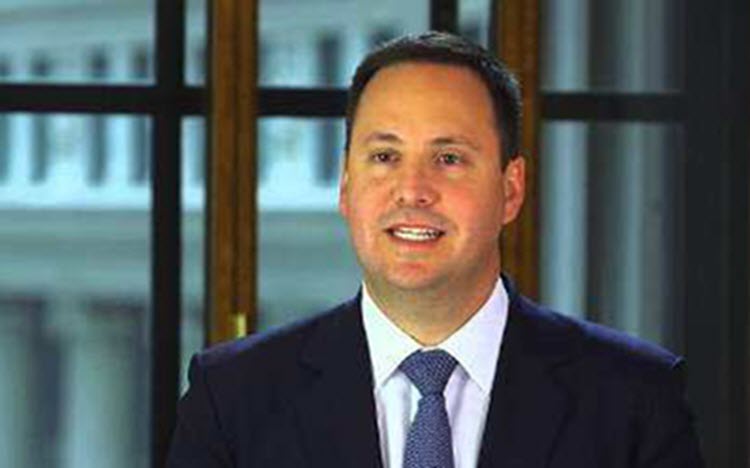
Shahin Gobadi of the Foreign Affairs Committee of the National Council of Resistance of Iran (NCRI) commented on the planned trip to Iran by Australia’s Minister for Trade.
He said that the visit comes at a time when the human rights situation in the country is “drastically deteriorating”. Iran tops the list for being the country with the highest number of executions per capita. There have been more than 2,700 executions during Rouhani’s tenure as President – a “frightening” increase compared to any other period. Women and ethnic and religious minorities are being repressed to a high degree. Only last month 25 members of the minority Sunni population were hanged in a mass execution in one day. Recently the regime’s Supreme Leader issued a fatwa stating that women are banned from crying in public.
The Australian Minister for Trade’s trip comes shortly after an audio recording was released in which Mr. Hossein-Ali Montazeri, Khomeini’s former heir in 1988, spoke about and denounced the massacre of political prisoners. The massacre was the result of a fatwa by the regime’s founder Khomeini and resulted in the killing of around 30,000 political prisoners, most of whom were activists of the People’s Mojahedin Organization of Iran (PMOI or MEK). They were killed in the space of a few months and their bodies were secretly buried in mass graves.
In the audio tape, Montazeri was speaking to members of a “Death Commission” in Tehran who had been appointed by Khomeini. Gobadi points out that because of corroborated and proven information, many of the main perpetrators of the massacre have been identified and shockingly are today high office holders within the regime. One of the top officials is Mostafa Pour-Mohammadi, Rouhani’s Justice Minister, who publicly defended his role in the massacre on 28th August.
Gobadi states: “Trade agreements with this regime only benefit its machinery of suppression and terrorism and proliferation of weapons of mass destruction. The funds that have been released following the nuclear agreement are mainly spent on the mullahs’ huge warmongering budget in Syria in support of the dictator Bashar al-Assad as well as in Yemen and Iraq and expanding the regime’s ballistic missile projects, and there has been no improvement in the living conditions of ordinary Iranians.”
He adds that it is “a known reality” that the IRGC, the regime’s Islamic Revolutionary Guards Corps, is the “main apparatus of suppression and terrorism, has a pivotal role in Iran’s economy, and a vast section of Iran’s economy, in every major sector, are under the direct or indirect control of the IRGC’s financial arm”. Gobadi points out that a functioning private sector does not exist in Iran, and the IRGC is the “main interlocutor of any major trade deal”.
“Any enhancement of trade and political ties with the mullahs’ regime ought to be linked to an improvement in the human rights situation and in particular a halt to executions or else it would be to the detriment of the high interests of the Iranian people and would aid the mullahs’ warmongering and destabilizing activities in the region.”







